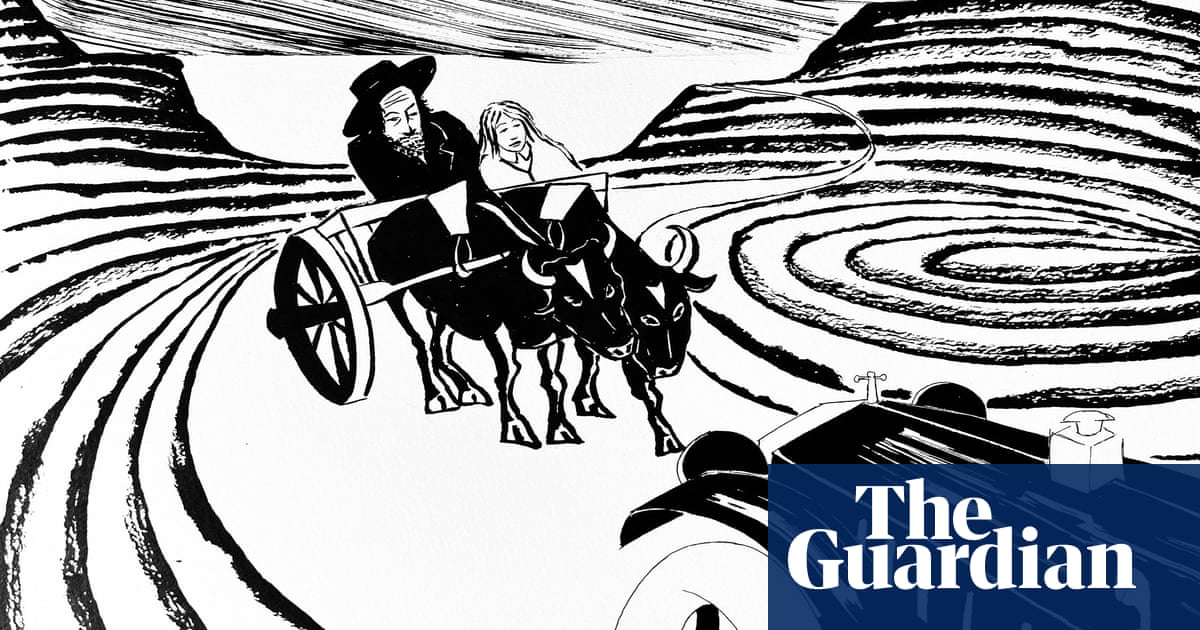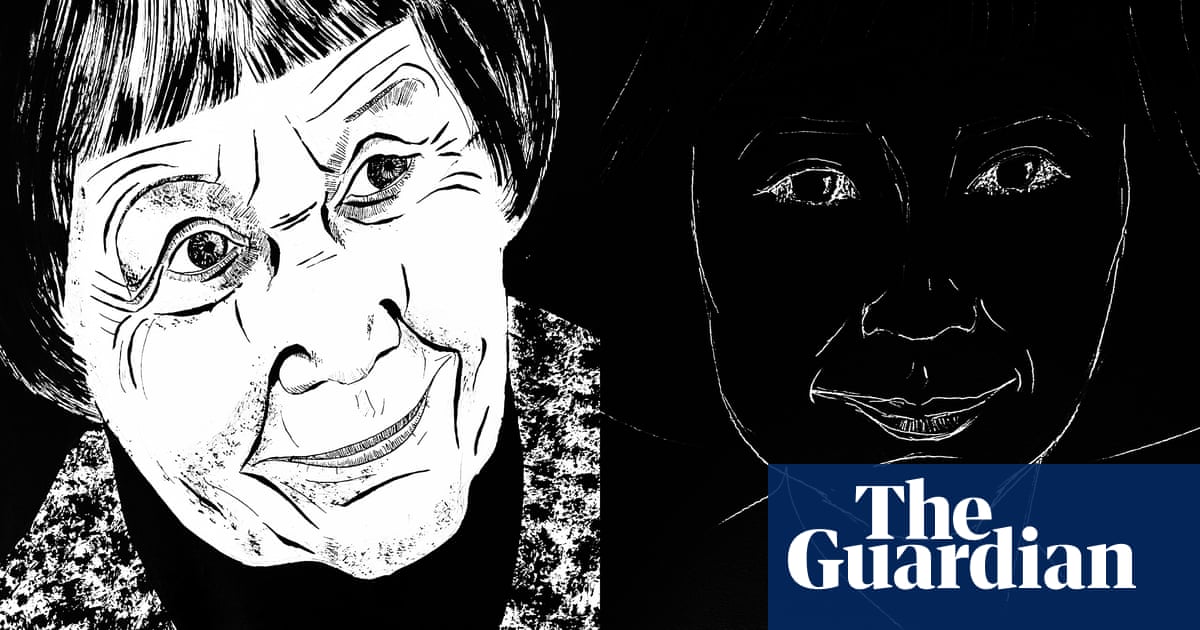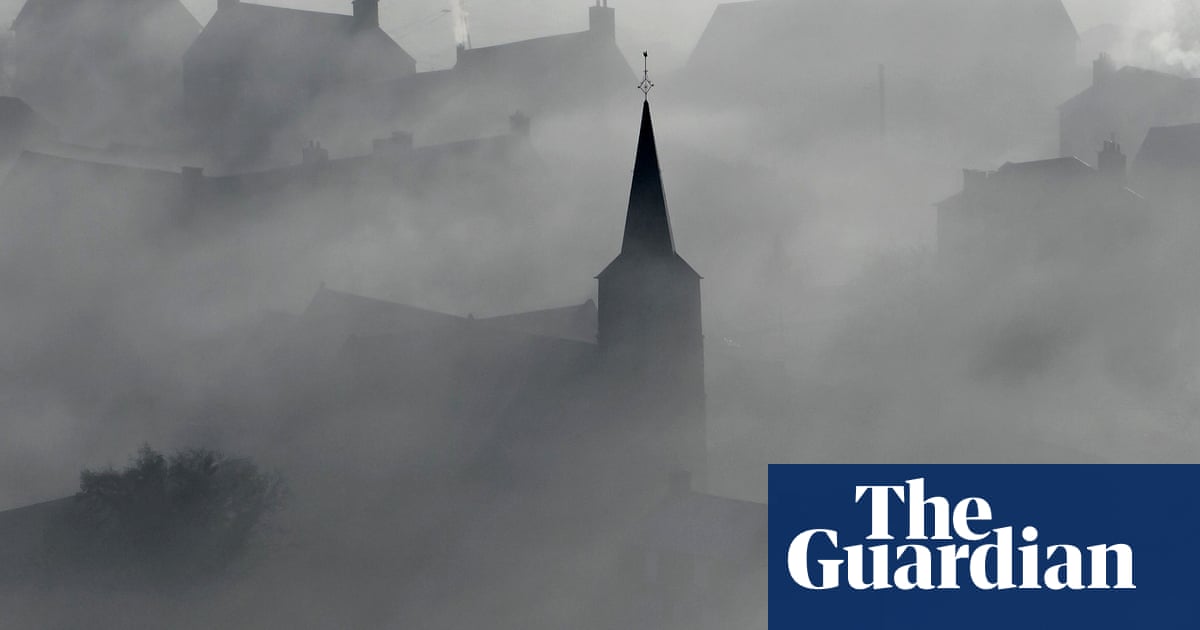
On the Train
I
The lady in front of me in the car,
With little red coils close over her ears,
Is talking with her friend;
And the circle of ostrich foam around her hat,
Curving over like a wave,
Trembles with her little windy words.
What is she saying, I wonder,
That her feathers should tremble
And the soft fur of her coat should slip down over her shoulders?
Has her string of pearls been stolen,
Or maybe her husband?
II
He is drunk, that man –
Drunk as a lord, a lord of the bibulous past.
He shouts wittily from his end of the car to the man in the corner;
He bows to me with chivalrous apologies.
He philosophizes, plays with the wisdom of the ages,
Flings off his rags,
Displays his naked soul –
Athletic, beautiful, grotesque.
In the good time coming,
When men drink no more,
Shall we ever see a nude soul dancing
Stript and free
In the temple of his god?
III
She comes smiling into the car
With iridescent bubbles of children.
She blooms in the close plush seats
Like a narcissus in a bowl of stones.
She croons to a baby in her lap —
The trees come swinging by to listen,
And the electric lights in the ceiling are stars.
Harriet Monroe’s reputation as a poet is vastly overshadowed by the quality of the writers she championed in her journal, Poetry: A Magazine of Verse – not surprisingly, given that her contributors included, inter alia, TS Eliot, Ezra Pound, Marianne Moore, Wallace Stevens and Rabindranath Tagore.
Born in Chicago in 1860, Monroe founded the journal in 1912, and edited it until her death in 1936. Her alertness and generosity towards both traditional and innovative new talent is enshrined in its pages, and she will never be forgotten as one of the world’s great editors. But what of her own work? The poems I’ve most enjoyed, including On the Train, reveal a fluent technique, and more – the energy, warmth and power of observation that no doubt contributed to her editorial panache.
On the Train, first published in July 1922, under the heading Notes on Travel, is that rare, and rarely convincing, bird – a joyous poem. Set in a railway carriage (yes, she’s “on the train” but armed with a writing pad rather than a mobile phone) it celebrates the ordinary and contemporary. Amusement and a glint of bathos are in her tone, but any mockery is genial. The irregular “free verse” line is pleasantly cadenced, the observation vivid, suggesting a withdrawal into the inventive metaphor that makes banal reality disconcertingly “strange”.
This technique enlivens the backwards view of the lady voyager. The “little red coils” (curls, presumably) might suggest miniature coils of sea-stiffened rope. The subdued excitement of the woman’s inaudible conversation is reflected by “the circle of ostrich foam around her hat, / Curving over like a wave”) and the whole metaphor is nicely signed off in the observation that the foam “trembles with her little windy words”. The lady on her miniature voyage is excitedly puffing the sails of her own craft. Relaxing into a more gossipy tone, Monroe adds mischief to her further speculation: “What is she saying, I wonder / … Has her string of pearls been stolen / Or maybe her husband?”
Part II of the poem is a little less verbally inventive but still engaging, with its soul-baring and overbearing drunk seen as a comedy acolyte of Dionysus. The observer, as always, lets us in on her personal imaginative response. Something there is that loves a drunken lord, to mangle Frost. It seems that Monroe, in conclusion, casts a very cold eye on prohibition and Puritanism: “When men drink no more, / Shall we ever see a nude soul dancing / Stript and free / In the temple of his god?”
In the poem’s third part she restores the sea imagery of the first with the delightful “iridescent bubbles of children”. Once seated, the new woman passenger embodies a new metaphor, “a narcissus in a bowl of stones”. This is clever, evoking a narcissus unable to see his own reflection. A maternal narcissus may be unable to see herself because she has been edged out of the picture by the needs of her bubbling children. She may of course simply be flower-like and happily unselfconscious – as her crooning of a lullaby could suggest.
The romantic conclusion is light-touch. In a colloquialism that brilliantly earns its place, “The trees come swinging by”. Now the train is really moving. The last line, “And the electric lights in the ceiling are stars”, faintly recalls Pound’s In a Station of the Metro. (There are hints of Pound in some of the earlier, delicately arch mannerism, too, eg the spelling of “stript”.) Monroe’s vision of the electric lights seems knowingly imagistic, as Pound, too, is knowingly imagistic when he places his “Petals on a wet, black bough”. Monroe steers us towards the heavens rather too readily, perhaps. But it’s a charming perception, and further contributes to the grounding in nature of the passengers and all their artificial, early 20th-century modernity. There they are, strange animals captive on the train, but also part of the universe of waves, stones, plants, stars. And here they are for us, as if freshly painted, reminders of a talent devoted to other poets’ talents, but not unmindful of its own pleasure and potential.












